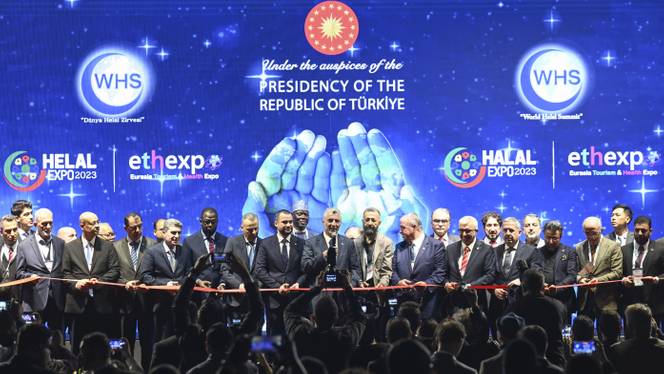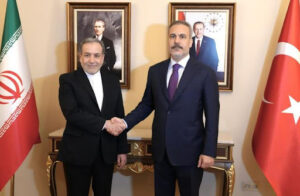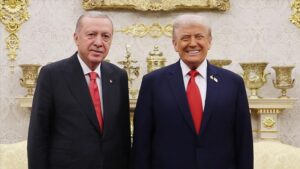Istanbul hosts World Halal Summit, 10th OIC Halal Expo

Istanbul, The Gulf Observer: Istanbul is hosting the 9th World Halal Summit and the 10th Organisation of Islamic Cooperation (OIC) Halal Expo, two major events for products and services conforming to Islamic guidelines, known as halal.
The events opened Thursday with the participation of 500 prominent companies from 45 countries and the gathering is expected to attract more than 40,000 visitors, of which 10,000 are from overseas.
Including the topics such as halal supply chains, participation financing in the halal economy, digitisation and innovation in the global halal economy, the four-day of events is held under the main theme of: “A Gateway to the Global Halal Economy: Unveiling the Potentials.”
As Turkish Trade Minister Omer Bolat expressed on Thursday on X, the halal economy is significant for Turkish foreign trade consideration as the halal economy rises to $10 trillion.
Speaking at the opening ceremony on Thursday, Omer Bolat said the share of Türkiye’s trade with Islamic countries rose 11% to 26% in the last two decades.
“Our goal is to increase this rate to 35% by 2028,” said Bolat.
Ihsan Ovut, general secretary of the Standards and Metrology Institute for Islamic Countries (SMIIC), underlined the importance of continuous cooperation and collective action to create standardisation in the sector.
Emre Ete, vice president of the World Halal Summit Council, stressed that the halal sector is preferred not only by Muslims but also by consumer groups from all walks of life, with its reliable and healthy products and services.
Ete noted that the halal market has exceeded $7 trillion and is projected to hit $10 trillion in the next five years.
The need for an adequate coding system for the halal products
Asad Sajjad, CEO of the Pakistan Halal Development Council, highlighted that the lack of an adequate coding system is a problem for the halal sector.
While 98% of global trade is subject to the coding system, there is no code system for halal products, therefore there is no real and original data for the halal sector, he said.
“We do not know which product was produced, exported, or imported in which country,” he said.
Riadh Soussi, Assistant Secretary General of SMIIC, stressed that a new cooperation should be established between the Organisation of Islamic Cooperation and SMIIC to create a common brand with their logos.
“Halal standards can be promoted by ensuring that this brand is recognised by all halal consumers and that SMEs use this brand,” said Soussi.
Speaking at a panel held Friday, Executive Vice Chairman of the Capital Markets Board of Türkiye (SPK), Ali Erdurmus, said the Islamic finance sector is expected to reach a volume of $3.25 trillion by the end of 2023.
As revealed by the OIC Halal Economy Report, Türkiye, Indonesia, and Malaysia have successfully secured positions among the leading 20 exporters of halal products.
Concerning high consumer demand for halal products, the event presents a strong opportunity for investment, production and export among OIC countries by forging a cooperative platform and showcasing the market’s potential.
The Arab Women’s Handicraft Exhibition, featuring handmade products by Palestinian women, takes center stage at the Summit.
An area dedicated to handmade products by women from diverse Islamic nations such as Egypt, Iraq, Libya, Palestine, Syria, Jordan, Lebanon, Morocco, Algeria, Sudan, and Yemen showcases scarves, shawls, bags, clothing, and towels crafted by these women.
The proceeds from the sale of the products are dedicated to supporting Palestinians.


